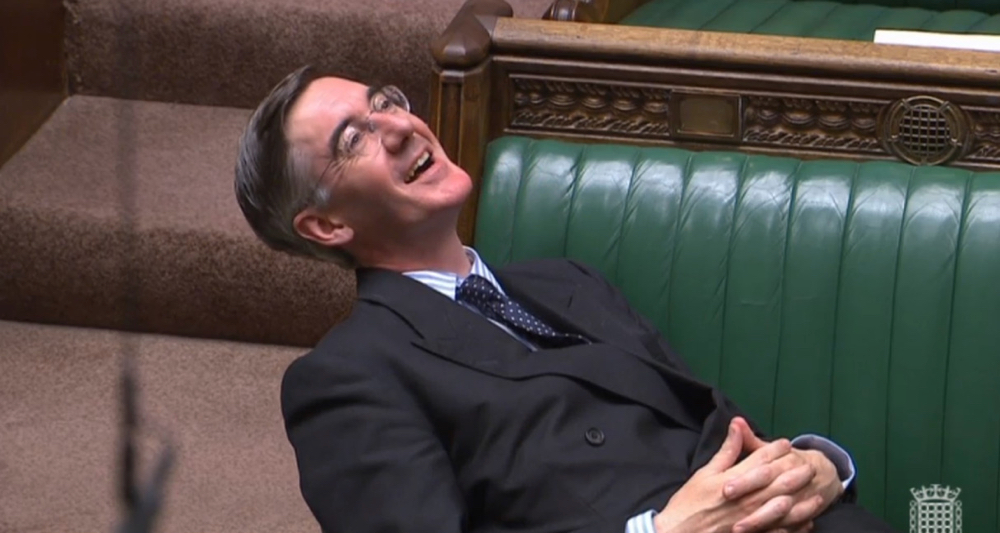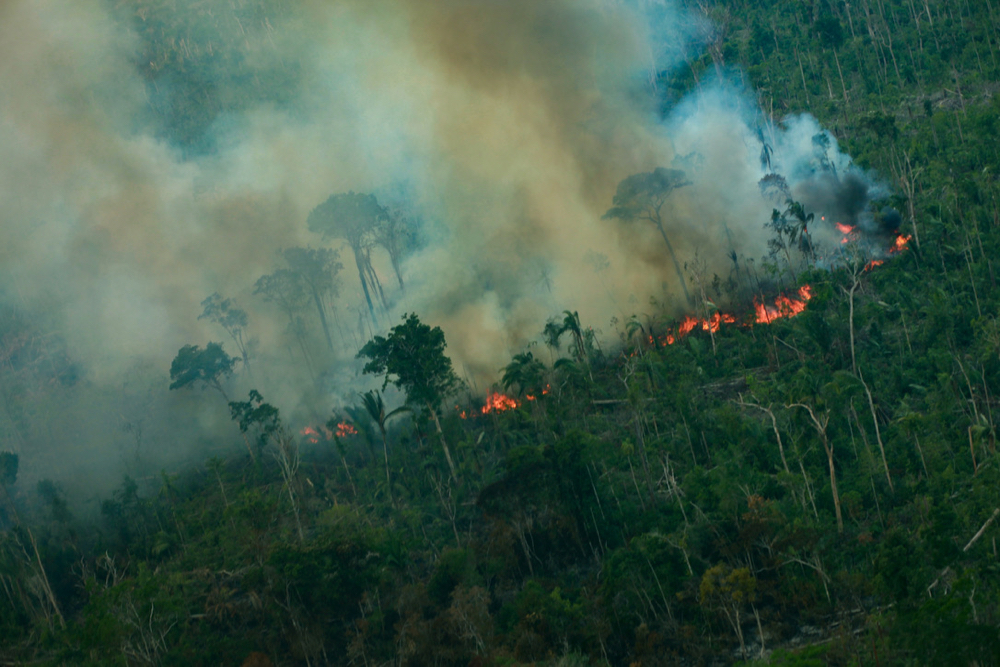Those who watched BBC2’s Inside the Vatican will be familiar with efforts by Pope Francis to make the Catholic Church better reflect the world. A key feature of his papacy has been calling for “the periphery”, the millions of Catholics living in poverty, excluded, disadvantaged or marginalised, “to become the centre”.
Bearing this in mind, how should we respond to the Amazon Synod, a meeting of the region’s Bishops which began on 6 October in Rome? Those of us who find ourselves in privilege, power and comfort have one task: to listen.
This was the message of Mauricio Lopez, executive secretary of the Pan-Amazonian Church Network (REPAM), who says, “It is not about the Synod as an event, but about the ‘synodality’, which means ‘walking together’ and listening to one another.”
Steps unprecedented in recent Church history have been taken to ensure the “synodality” of the Amazon Synod. More than 87,000 women and men were involved in “listening moments”, including representatives of indigenous communities, thanks to REPAM’s co-ordination.
For the rest of the global Church to listen, we need to resist the distractions of gossip, sensationalism, political machinations and posturing, and the ruffling of feathers among various Cardinals. If not, we might miss something crucial from this Synod gathering.
Like the Levite and the Priest in the parable of the Good Samaritan who walk on by, scared of breaking purity laws, scared of getting messy, we might get lost in the details of ritual and procedure. This precious moment to pause and contemplate the Amazon and its people could easily be missed.
There has never been a synod focused on a biome before. Pan-Amazonia is a biome, like the Congo basin, the Guarani aquifer, or the rainforests of the Asia Pacific. It is a vast network of ecosystems, owned by no one nation-state, revered in the ancient patrimonies of many of its inhabitants, and crucial to the earth system as a whole.
It’s often said that every fifth breath we take is drawn from the oxygenating lung of the Amazon rainforest. Some might dispute the scientific precision of this statement, but isn’t it more an invitation to wonder at the vast complexity of this part of the world, to “inhale” its significance? Yet the Amazon forest is being torn down and community leaders targeted and killed, because powerful economic interests eager for oil, gas, timber, gold, and agro-industrial farming are coming up against the livelihoods and cultural patrimony of Amazonian people.
Pan-Amazonia is a territory cutting across nine countries, some of which have legislation that respects the life which dwells there. The Colombian Constitutional Court, for example, recognises the Amazon ecosystem as having rights, but others have taken away its crucial protections and rights, leaving it primed for exploitation.
“The future does not belong to globalists,” President Trump told the United Nations General Assembly last month. But I disagree. To read the working document of the Synod is to get a sense of the significance of the Amazon, far transcending the cold, calculated, narrow interests of certain governments and nation-states. Their myopic vision of the “national interest” has created an ecological crisis that is a problem for all of humanity.
It is not a problem that can be solved merely by idealistic internationalism. REPAM recognises that the Church is called upon very practically here. At her best, having the power of global presence with local roots, the Church can stand with those who depend on the Amazon, but whose governments offer them no guarantee of rights to remain on their land.
The hope is that by listening this month, we will see the importance of our solidarity, our praying and fasting, striking and chanting, in a new light. And then we must act.
Francis Stewart is a Theological Advisor at CAFOD



 Loading ...
Loading ...
What do you think?
You can post as a subscriber user ...
User comments (0)